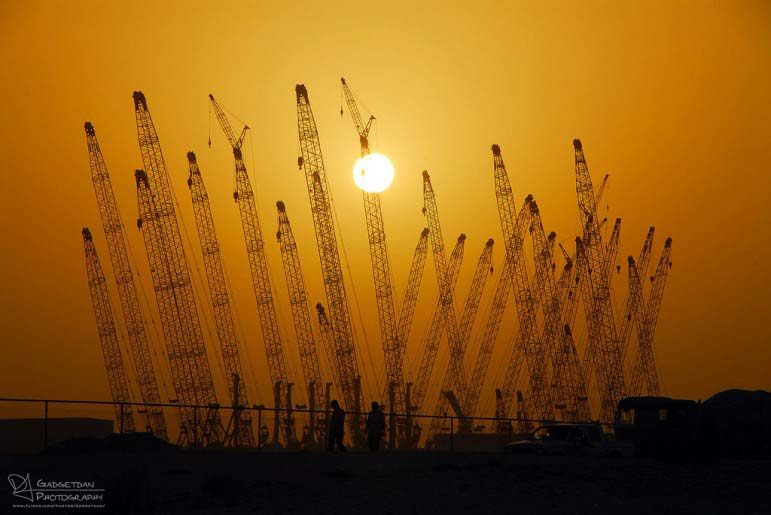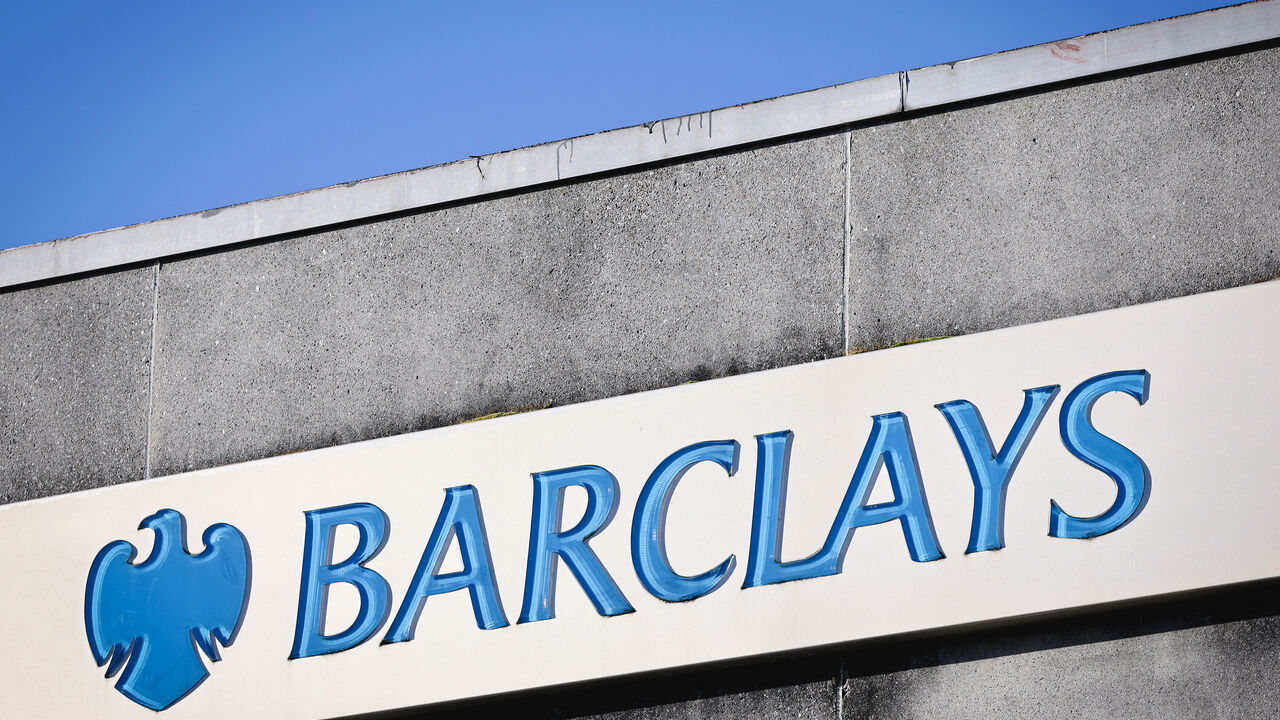
As Qatar moves full speed ahead on numerous infrastructure projects, stadium construction and various other developments in the run-up to the 2022 World Cup, it faces a greater risk of disputes with contractors, legal experts have said.
In an opinion piece for Construction Week, Laura Warren, a locally-based construction & projects partner at law firm Clyde & Co., said that the country must take care to “actively plan and manage project delivery,” or risk facing a host of issues that could endanger deadlines.
According to Warren, potential legal problems could involve disagreements over four things, including:
- Questions of scope. Sometimes, “important decisions are deferred and responsibility for obtaining approvals impacts project delivery;”
- Timing, or acceleration. Given that “hard” deadlines are likely to be associated with projects, “we see acceleration of works being a point of contention;”
- Non-compliance. As companies work quickly to meet deadlines, this could result in an increased risk of defects; and
- Lack of cash flow, which “could lead to difficulties in terms of payment disputes.”
Case studies
In recent years, at least three high-profile projects in Qatar have resulted in lawsuits due to delays. They include a legal dispute between Hamad International Airport and German/Emirati interior design company Lindner Depa.
In 2013, that firm filed a $250 million international arbitration claim at a court in France, after failing to reach an agreement with HIA over its June 2012 termination. The dispute stemmed over huge delays in the airport project, and arguments over the scope of the company’s work.

More recently, international construction company OHL announced plans last year to sue Qatar Foundation (QF) after it was sacked as one of the main contractors of the unfinished and much-delayed Sidra Medical and Research Center.
QF said the project was late and the contractors missed deadlines, but OHL contended that the development was 95 percent completed.
Meanwhile, a long-standing dispute between contractors over a project in West Bay was finally resolved last year, paving the way for a third phase of expansion at City Center Mall.
UAE-based Habtoor Leighton, the developer of the upcoming Shangri-La, Rotana and Merweb hotels, had filed claims against Faisal Holding for non-payment. But once again, the client lambasted the contractor for years of delays on the project.
To head off such problems, Warren recommended defining project scopes carefully from the beginning. She added:
“Proactive and rigorous contract administration on all sides will also be key to ensuring any disputes are avoided, or otherwise addressed, as they arise.”
Thoughts?







